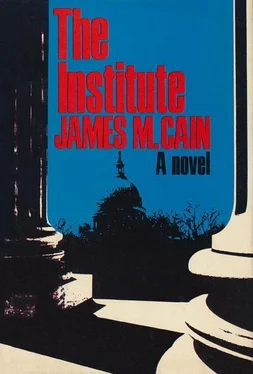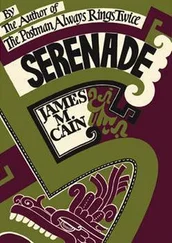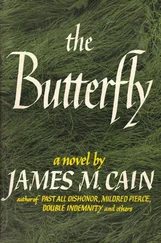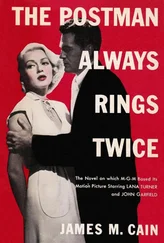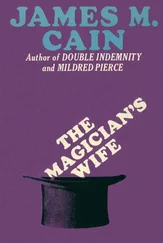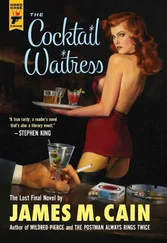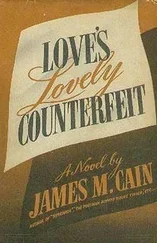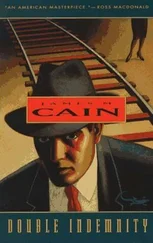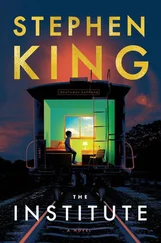According to the Club’s tradition, there is a question period following an address. Byron Nash, the president, was ready with several that had come up in writing while I was talking. I fielded them fairly well, occasionally getting a laugh — like the one on subjects I thought were being neglected, which biographers should give their attention to.
“It’s not the Institute’s policy to coach its writers,” I said, “or to press ideas on them; but of course there are curious gaps in our literature that fairly cry out to be filled. For example, who was Mason? Or Dixon? They ran the most celebrated survey of all time, yet I find no more than a few lines about them in any reference work. Then there’s Sally Benson who died just a few months ago. She was good-looking, gifted, and well known, but if you can find one word about her in any reference book, you have better eyes than I do. Then, of course, there’s Bill Bailey — a real person, don’t forget. I would call his fine-tooth comb the great mystery of all time.”
That got a friendly laugh. I was about to sit down, but Mr. Nash stopped me with another question. Searching the room with his eyes and addressing a man in one corner, he said: “Jack Albaugh, as a mystery, your handwriting makes Bailey’s comb seem like nothing. Suppose you step up and ask this question yourself?”
Albaugh stood up and came to the podium. There was something cocky about him, and I could feel an expectant stir in the room. He was small, gray-haired, and dapper, and he bowed to the applause before facing me.
“Dr. Palmer, at a press conference some time back, you claimed to have identified the Dark Woman in Shakespeare’s sonnets. But you refused to go any further with your analysis, to say whom you were talking about. May I ask you to name her now, if indeed you can?”
I knew I was in for it. “I made no such claim,” I said. “A girl in my employ at the time made it for me, quoting a book of mine, a doctoral dissertation and causing quite a stir. The press devoted more space to her backside, as well as the patches on it, than to our Institute. Of course, she did have a pretty backside which photographed well, but—”
In other words, I was trying to sidestep the question. Albaugh let me finish and then insisted: “I asked you to name the Dark Woman.”
For a moment I paused. Then I said: “I think she was Ann Hathaway.”
“The wife ?”
“That’s right.”
He was astonished, and there were gasps from all over the room, because, of course, in the group were many who knew the sonnets and a few who had studied them. In a moment he went on: “May I ask you your grounds for this remarkable pronouncement?”
“It’s not a pronouncement; it’s one man’s opinion. But since no one knows who this woman was, one man’s opinion is as good as another’s. I didn’t start out to identify her. It fell into my lap as a corollary to some other things I stumbled on, other aspects of the sonnets. I started out with them as a doctoral assignment, one I picked with university approval. Then I began reading them carefully, over and over, for sense and anything else I could detect. Soon something struck me as odd: the first few, perhaps the first dozen, touch on a curious theme: should the writer play with himself or find himself a playmate? But this, I suddenly realized, is not something a grown man worries about, least of all this grown man who, don’t forget, fathered a child at the age of eighteen. The next thing I noticed was that all of these early sonnets were obviously addressed to Shakespeare himself. Well, if some, why not all? At what point is this mysterious ‘Mr. W.H.’ — the object of Thorpe’s dedication as the ‘true author of these sonnets’ — supposed to have entered the picture? I couldn’t find any such point. To my ear, the writer was talking to himself all the way through, and ‘Mr. W.H.’ could well have been Will Himself — to make a stab at naming him. The next thing I noticed was the paucity of the background in the sonnets. The richness of Macbeth, Hamlet, Lear, and Julius Caesar is simply not in them. I counted the classical allusions and found exactly seven: one to Dian, as he calls her, and one each to Mars, Venus, Adonis, Cupid, Saturn, and Philomel. But seven allusions to classical figures, out of 2,166 lines of poetry, isn’t very much. I was forced to the conclusion that these magical things were the work of a youth, an adolescent caught up in a narcissism that was hipped on his own beauty, with the vast reading of his adult years still to come and his delight in his own virtuosity just beginning to unfold.
Shall I compare thee to a summer’s day?
Thou art more lovely and more temperate:
Rough winds do shake the darling buds of May,
And summer’s lease hath all too short a date:
Sometimes too hot the eye of heaven shines,
And often is his gold complexion dimm’d;
And every hair from fair sometime declines,
By chance or nature’s changing course untrimm’d;
But thy eternal summer shall not fade.
Nor lose possession of that fair thou owest;
Nor shall Death brag thou wander’st in his shade,
When in eternal lines to time thou grow’st:
So long as men can breathe, or eyes can see
So long lives this, and this gives life to thee.
“When I got that far with it, there was a simple deduction. In Sonnet 104 we get a fix on time, on how long these sonnets have taken:
To me, fair friend, you never can be old.
For as you were when first your eye I eyed, Such seems your beauty still. Three winters cold
Have from the forests shook three summers’ pride.
Three beauteous springs to yellow autumn turn’d
In process of the seasons have I seen,
Three April perfumes in three hot Junes burn’d,
Since first I saw you fresh, which yet are green.
“If we assumed that that curious phrase, ‘when first your eye I eyed,’ meant an eye eyeing an eye in a mirror and that this memorable moment when he first saw his own beauty came when he was fourteen, then he would now be seventeen, with a great event due in his life. At the age of eighteen he would court a woman, presently get her with child, and marry her. Sure enough, in Sonnet 127 we get it:
In the old age black was not counted fair,
Or if it were, it bore not beauty’s name;
But now is black beauty’s successive heir,
And beauty slander’d with a bastard shame:
For since each hand hath put on nature’s power,
Fairing the foul with art’s false borrow’d face,
Sweet beauty hath no name, no holy bower,
But is profaned, if not lives in disgrace.
Therefore my mistress’ eyes are raven black,
Her eyes so suited, and they mourners seem
At such who, not born fair, no beauty lack,
Slandering creation with a false esteem:
Yet so they mourn, becoming of their woe,
That every tongue says beauty should look so.
“And so,” I wound up, “for my money, Ann Hathaway was the girl — and there’s another check on it: in Sonnet 129, two numbers past the one I just quoted, is voiced bitter disappointment in ‘lust,’ as he calls it, but disappointment that has meaning only if we assume that it’s the disappointment of first flight — sex wasn’t quite what he thought it would be — and once more we come back to Ann. There’s another point to be borne in mind. ‘Venus and Adonis’ was published in 1593 when Shakespeare was twenty-nine, but perhaps it was written before that. It’s about a woman in her twenties who is satiated with sex, is hungry for a new experience, and who falls for a boy in his teens. Ann Hathaway was twenty-six when she fell for Shakespeare, so this poem could well be a memoir of personal experience. The fact that no sonnet mentions the marriage might be explained by the gory finish that befell Adonis. The poem proves nothing, yet it is in harmony with the theory that ‘Venus and Adonis,’ far from being a fresh effort, was actually a continuation of these sonnets in another poetical form.”
Читать дальше
